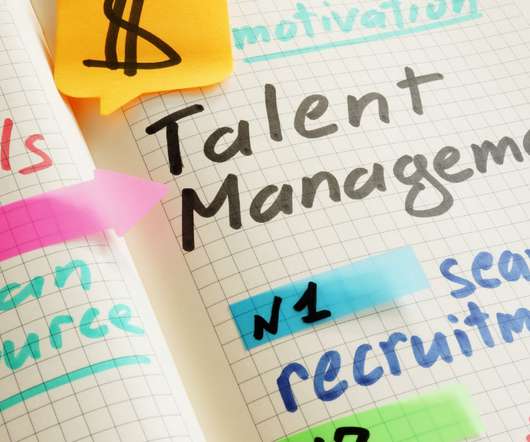Level Up Your Talent Acquisition: 20 Cloud Recruitment Software Worth Your Investment
Peoplebox
MARCH 12, 2025
Overview When you’re managing enterprise recruitment across multiple departments, Peoplebox.ai HR managers handling both recruitment and performance management will appreciate the continuous tracking from candidate to employee, especially useful during rapid scaling or reorganization phases.





















Let's personalize your content